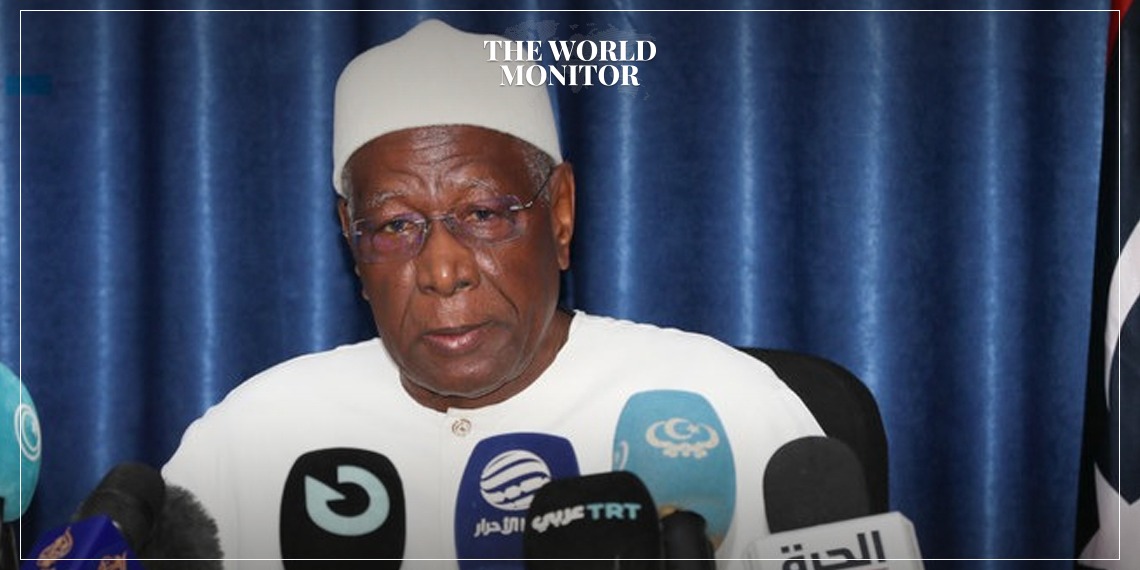In a noticeable shift from an earlier stance, the United Nations envoy to Libya, Abdullah Batile, called on Tuesday for the establishment of a “mutually agreed unified government” in the country before elections take place. The Libyan House of Representatives, based in eastern Libya, does not recognize the UN-backed Government of National Accord headquartered in Tripoli since 2021 after a failed attempt to hold general elections.
The risks of this conflict became apparent last week when clashes erupted between armed factions in Tripoli, resulting in the death of 55 individuals in the worst bout of violence the city has witnessed in years. In recent years, the UN’s diplomatic efforts have focused on conducting general elections despite disagreements, rather than replacing the head of the National Unity Government, Abdel Hamid Dbeibah, and forming another interim government to oversee the elections.
Jalal Harshawy, an expert in Libyan affairs at the Royal Institute for United Services in London, commented, “It’s a rough day for Dbeibah. The ground is shaking beneath his feet.” Batile is pressuring the House of Representatives and the State’s Higher Council, an advisory body that voices its opinion on primary political issues, to finalize the election laws. Speaking to the UN Security Council on Tuesday, Batile anticipated a meeting of the “main stakeholders or their representatives” to address primary concerns.
Libya hasn’t experienced significant peace or security since the 2011 NATO-backed uprising. The nation got split between two warring factions in the East and West in 2014. Although the conflict temporarily ceased after a ceasefire in 2020, trust between the leaders of the main factions is virtually nonexistent. A significant portion of Libyans believes that political leaders are indifferent to achieving a lasting settlement or conducting elections, which might end their years-long tenure.
Tim Eaton, a Libyan affairs researcher at Chatham House, stated, “There appears to be an opportunity to negotiate a new interim government because there’s motivation for competing parties to participate. But once it’s formed, all incentives for elections will vanish. Batile has no means to penalize them.”
Batile mentioned he is working with Mohamed Al-Menfi, head of the Presidential Council in Tripoli, to prepare for a meeting attended by the major active parties. Alongside Al-Menfi, Batile named Dbeibah, Speaker of the House of Representatives Aguila Saleh, and Khalifa Haftar, commander of the eastern Libyan forces.






